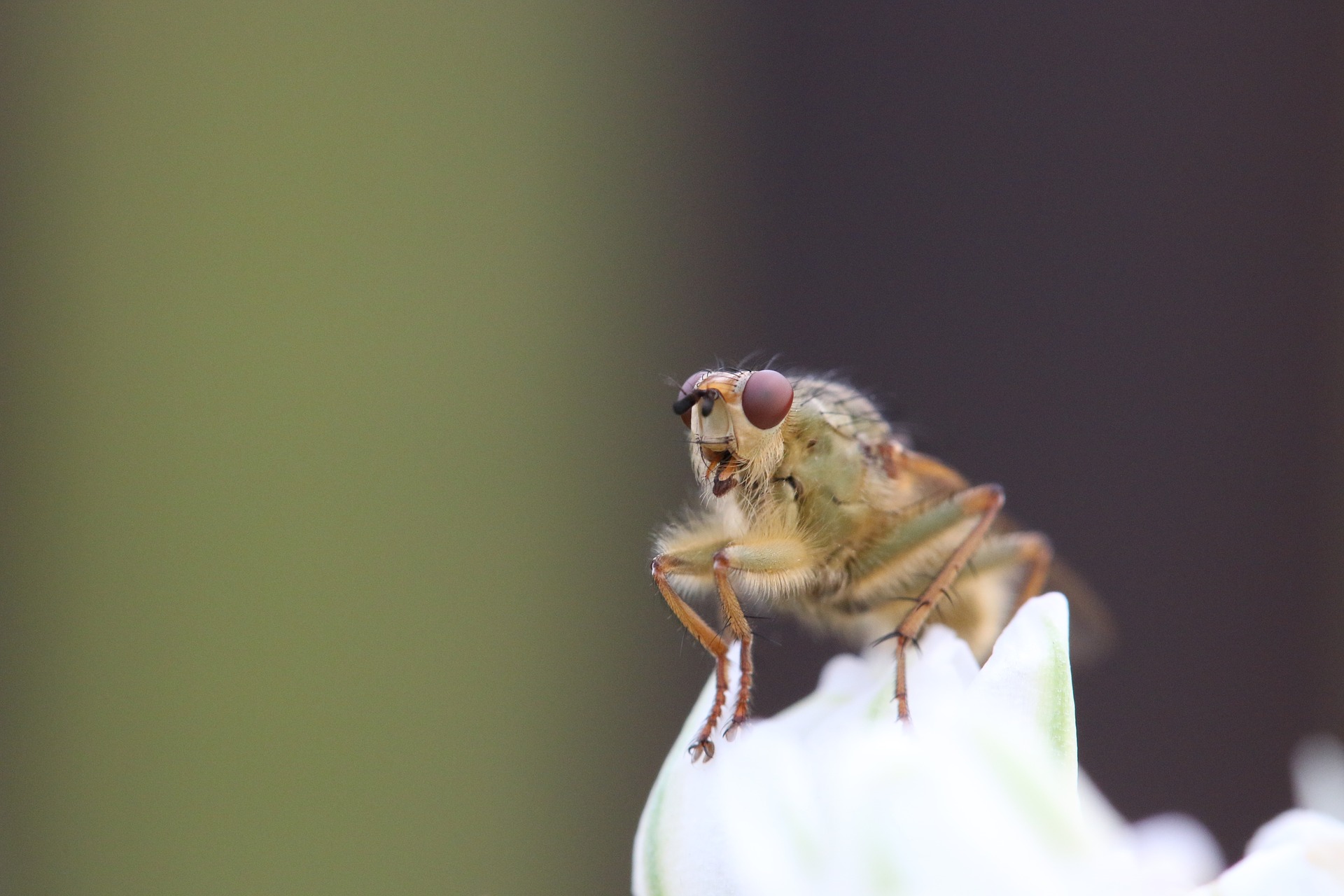News release
From:
Attachments
Note: Not all attachments are visible to the general public. Research URLs will go live after the embargo ends.

Research
Springer Nature, Web page
Please link to the article in online versions of your report (the URL will go live after the embargo ends).
Journal/
conference: Nature Climate Change
conference: Nature Climate Change
Research:Paper
Organisation/s:
The University of Melbourne, University of Liverpool, UK
Funder:
Funding was provided by Nature and Environment Research
Council grant NE/P002692/1 and European Society for Evolutionary Biology Special
Topic Network “The evolutionary ecology of thermal fertility limits” to T.A.R.P., A.J.B.,
A.A.H. and R.R.S, Swiss National Science Foundation P300PA_177830 to A.M. and the
National Institute for Health Research: Health Protection Research Unit into Emerging
Zoonotic Infections to S.M.



 Australia; International; VIC
Australia; International; VIC


